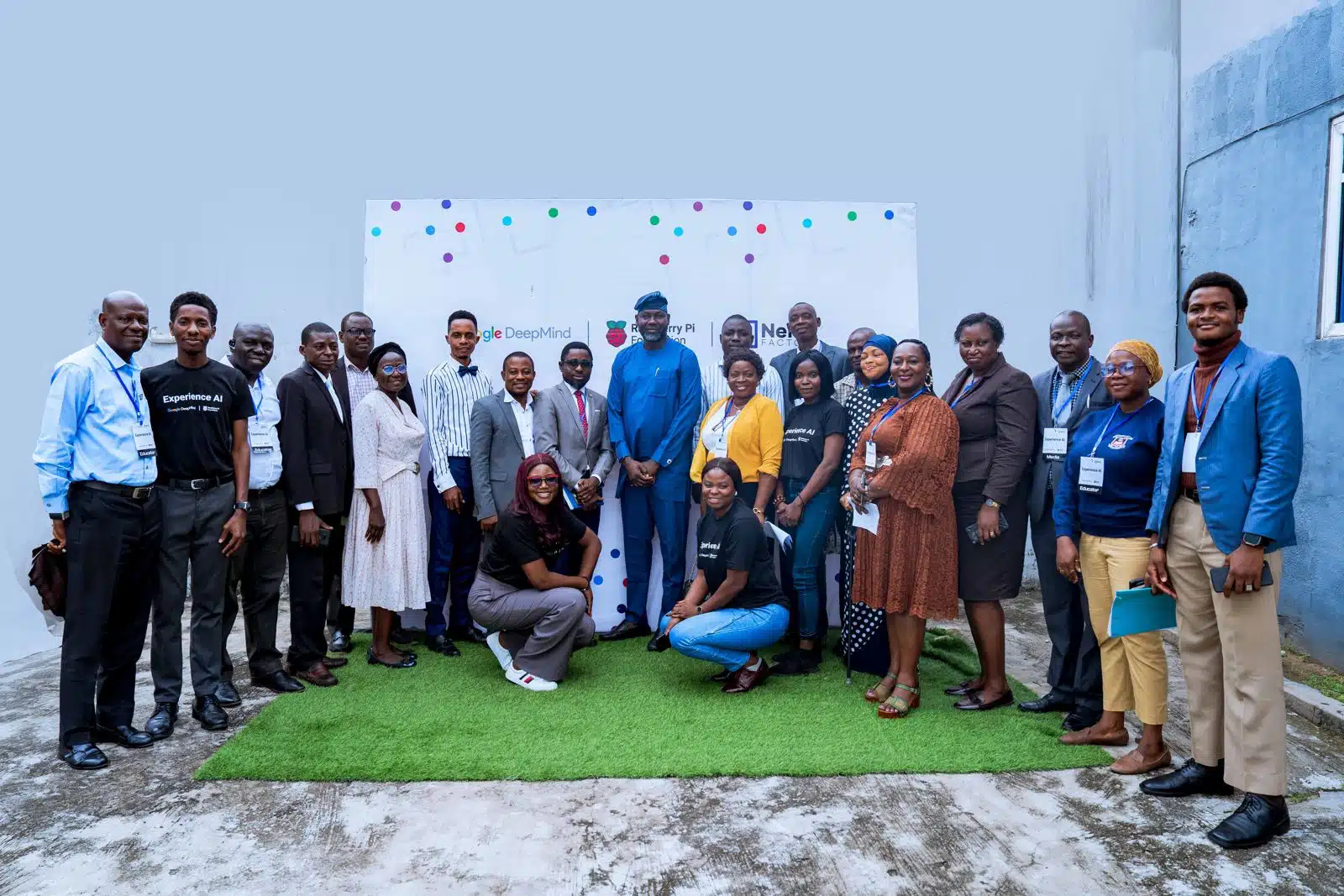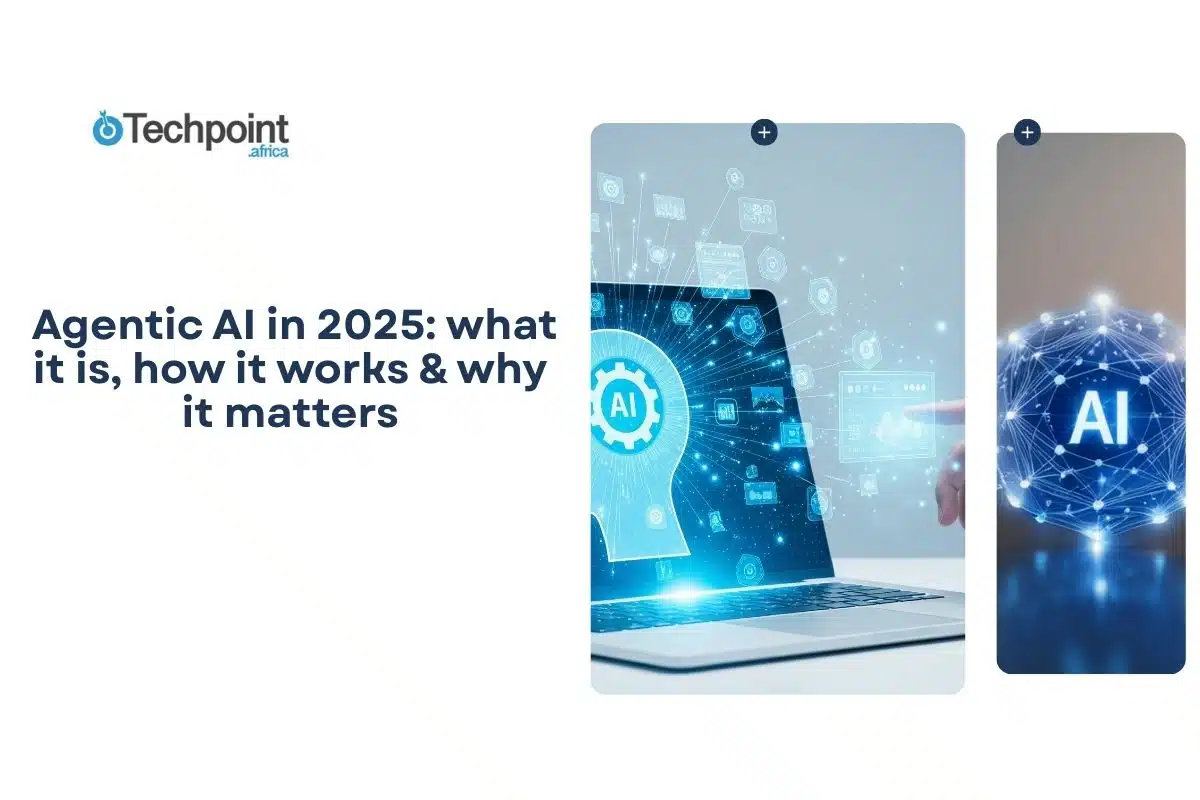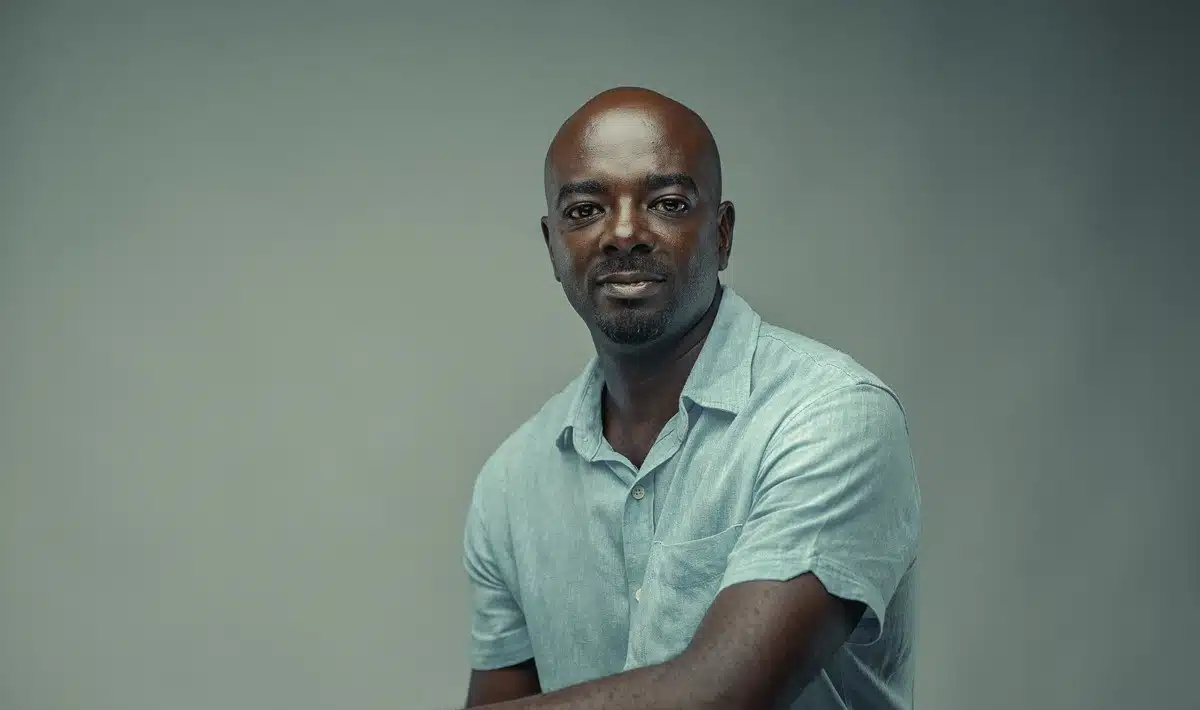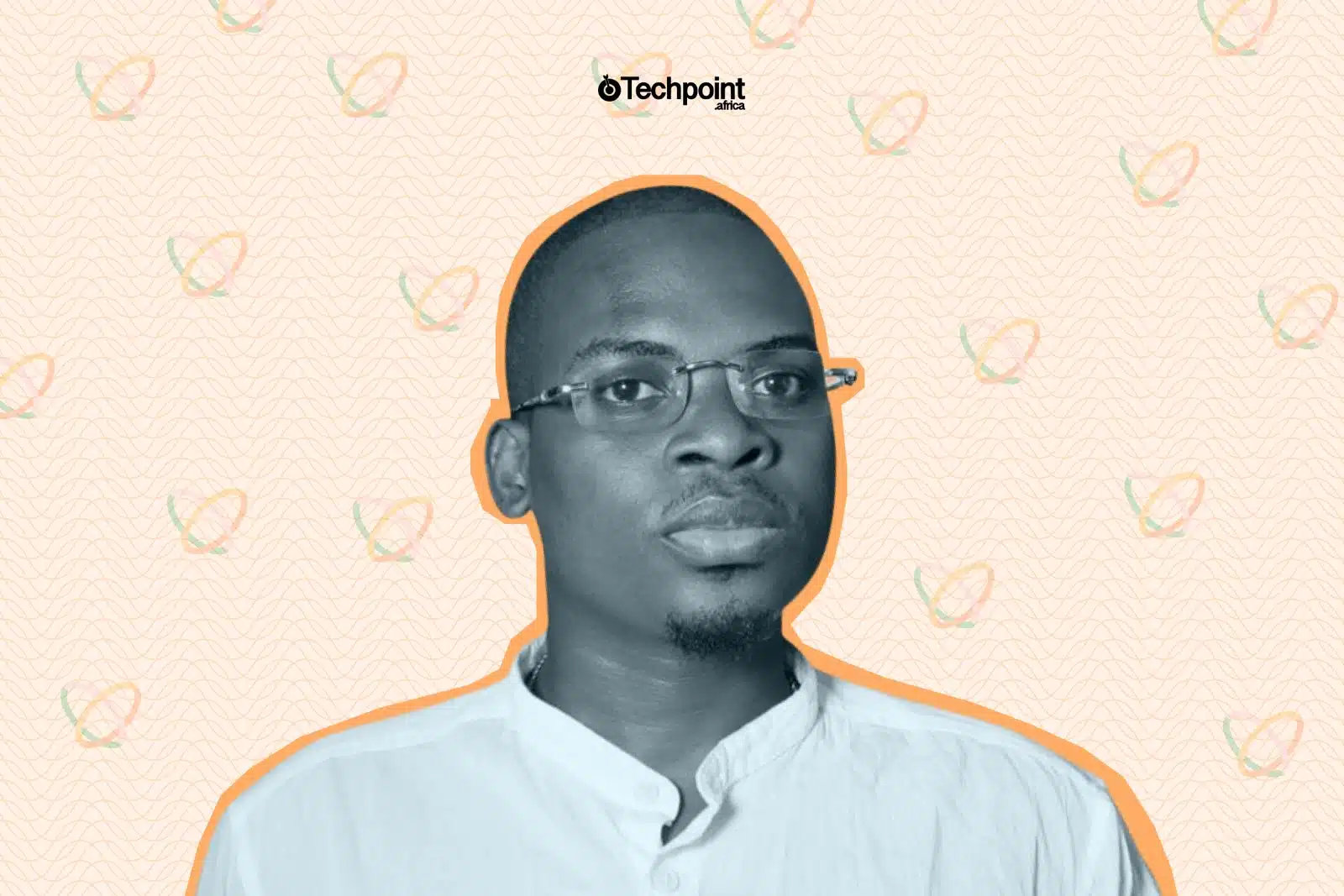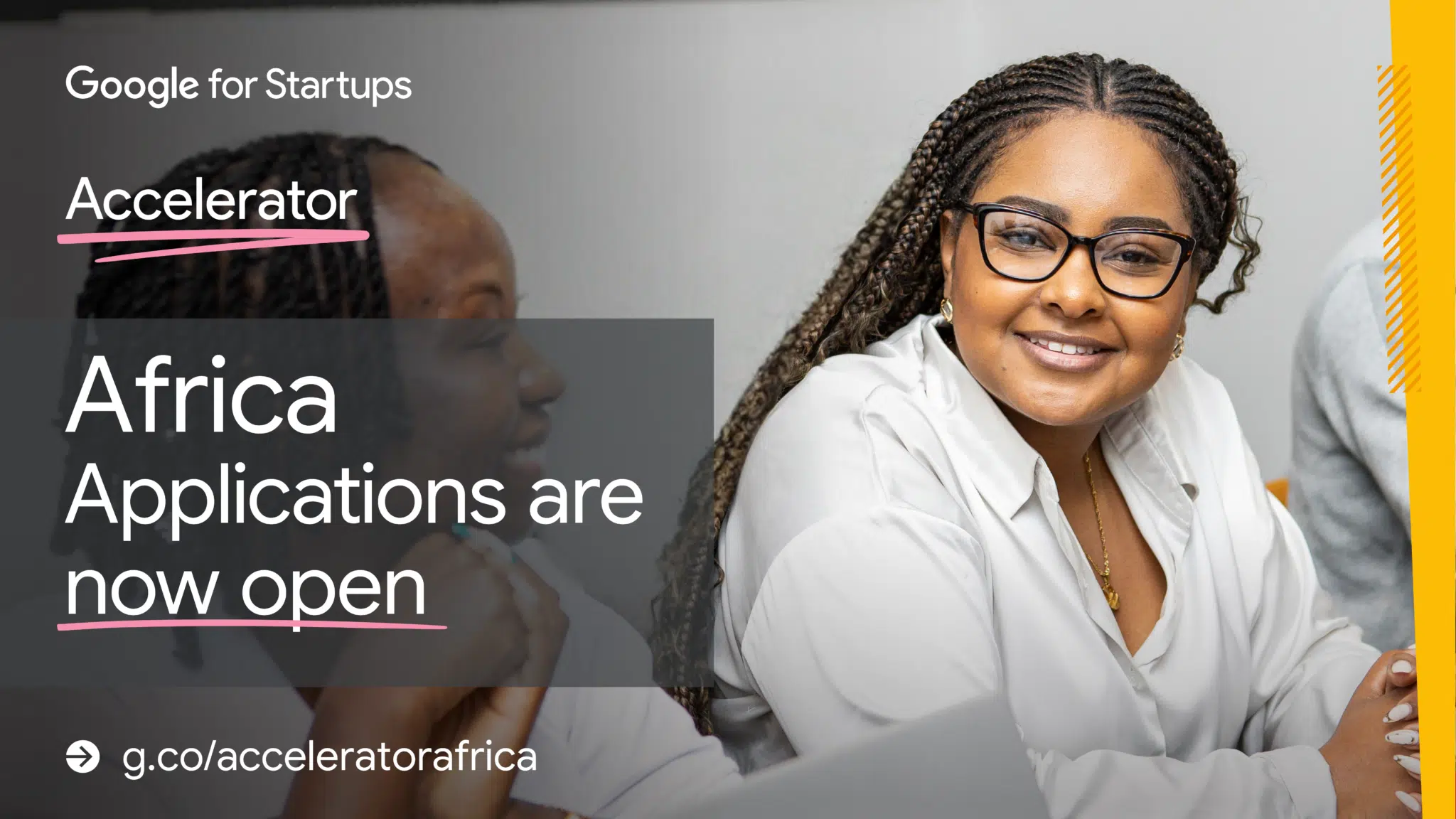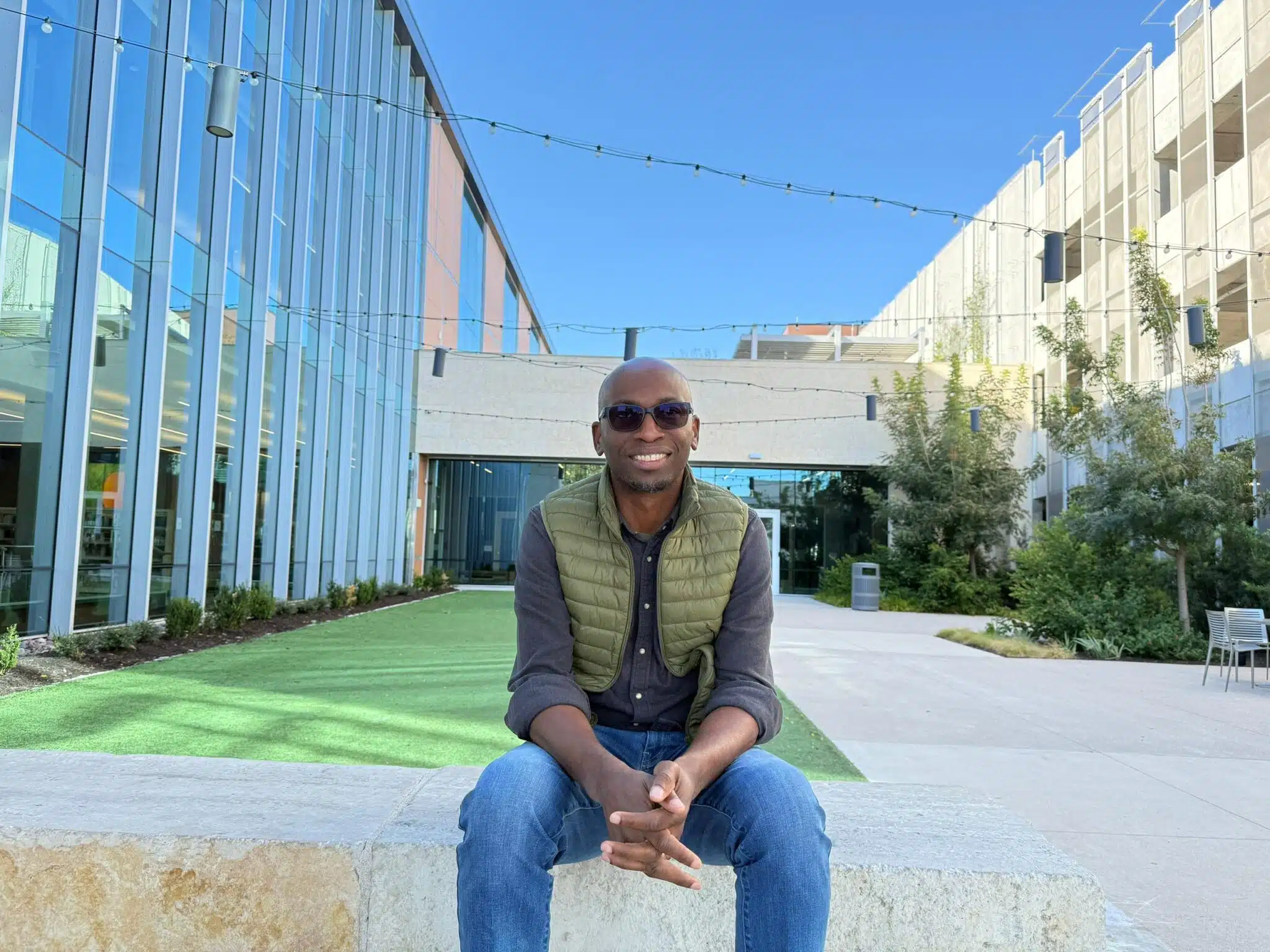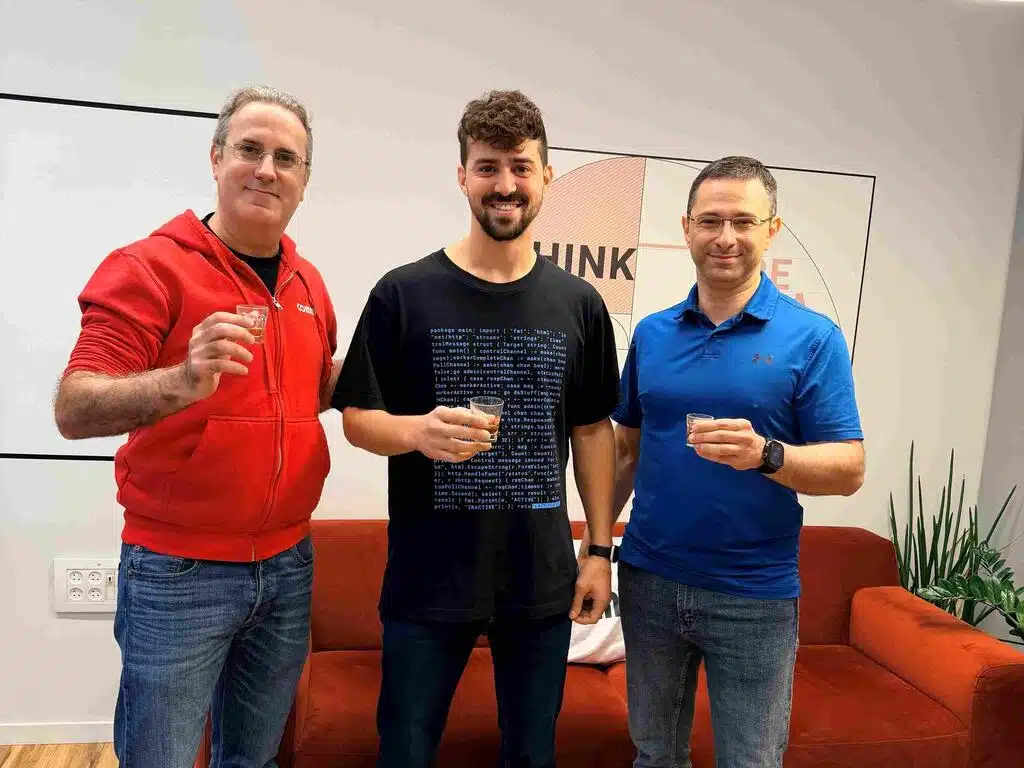NerdzFactory Company, a social innovation and human capital development company that leverages technology to transform lives, has partnered with Google DeepMind and Raspberry Pi Foundation to implement its Experience AI programme in Nigeria.
The programme, a joint initiative of the Raspberry Pi Foundation and Google DeepMind, has officially launched in Nigeria to help introduce artificial intelligence (AI) and machine learning concepts to thousands of secondary school students.
Led locally by NerdzFactory Company and supported by Google.org, the programme will provide free, practical AI learning resources for students aged 11 to 14 and their teachers.
Over the next 18 months, it aims to train 3,150 secondary school teachers across Lagos, Ogun, Oyo, Ondo, and Ekiti States, who are expected to reach 157,000 students by December 2026.
At the launch event in Lagos, attended by educators from Lagos and Oyo, Motolani Falabi, Operations Lead at NerdzFactory, described the programme as more than a curriculum addition but as a gateway to opportunity.
“Today marks more than just a launch; it represents a bold step into the future,” said Falabi. “This is not just about teaching how artificial intelligence works. It’s about building confidence, providing tools to create, and instilling the vision to lead.”
“Let’s build a future where Nigerian children are not just consumers of technology,” she added, “but creators, innovators, and global leaders in it.”
Also speaking at the event, Kat Leadbetter, Global Partnerships Manager at the Raspberry Pi Foundation, explained why AI literacy is essential for young people today.
“AI is rapidly transforming our world. We believe every young person deserves the knowledge and mindset to confidently engage with that change.
“The Experience AI programme is about empowering students to think critically, understand how AI impacts their lives, and use it creatively to solve problems that matter to them.”
Leadbetter noted that the curriculum aligns with UNESCO’s AI competency framework and is already making a global impact, with over 500,000 resource downloads by educators in 160+ countries and more than 1.6 million students reached. NerdzFactory joins a growing global network of Experience AI partners in 24 countries, including just one other in Nigeria.
The organisation is working with state ministries of education and school leaders to onboard public schools across the five participating states. Aligning the programme with Nigeria’s academic calendar is key to ensuring it is sustainable and deeply integrated into classrooms.
However, Nigeria, like much of Africa, has struggled to embed AI and robotics in its school curriculum. In 2022, Techpoint Africa reported that despite federal policy goals, most schools still lacked the infrastructure and training required to teach these subjects effectively.
Initiatives like Experience AI represent a shift away from policy talk to tangible implementation. By using local teachers and aligning with the Nigerian academic calendar, the programme hopes to address the systemic issues that have long plagued AI education in public schools.
How teachers should use AI in classrooms
According to veteran educator Solomon Ijishakin, who has spent over 15 years training teachers in Lagos and Kwara, the success of AI education depends as much on mindset as on materials.
“The first step is open-mindedness,” he said. “Teachers have to embrace the newness of AI, experiment with it, and rethink how they teach.”
Ijishakin explained how AI has already helped streamline his teaching, reducing time spent on grading and lesson planning. But for that impact to scale, he believes teachers need ongoing support.
“This isn’t just another workshop. We need mentoring, communities of practice, and tools we can adapt to our schools,” he said. “If we do that, we’re giving students a real chance to belong in the future of work.”
He also highlighted how programmes like this could bridge long-standing education gaps in Nigeria.
“Most of these children aren’t less capable; they’re just less privileged. If we can give their teachers the tools and confidence to teach AI, we’re giving the students the permission to dream bigger.”
Similarly, initiatives like STEM-A-School reflect Ijishakin’s views. The initiative has trained thousands of Nigerian students through local educator networks. Like Experience AI, these programmes focus not only on tools but also on the capacity of teachers to inspire and sustain change.
As AI continues to reshape industries and everyday life, the Experience AI programme offers a timely intervention that positions young Nigerians not just to adapt but to lead.

